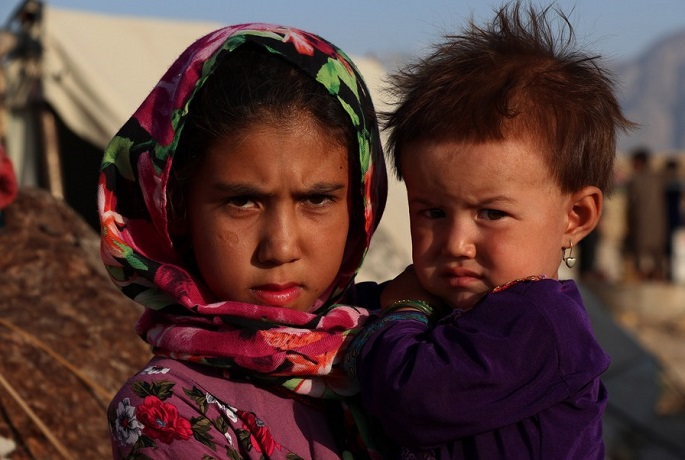Two-third for dev co-op
Afghan women's state under Taliban regime worries 86% Finns
Published : 26 Oct 2021, 22:22
Updated : 26 Oct 2021, 22:29
Majority of Finns (86%) were worried about the situation of women and girls in Afghanistan under the Taliban regime, according to a survey carried out by Taloustutkimus for the Ministry for Foreign Affairs.
The survey conducted at the end of August when news from abroad focused on the Taliban’s takeover in Afghanistan found that the majority (65%) of the respondents believe that Finland’s development cooperation has improved the position of women and girls in Afghanistan over the past 20 years.
Humanitarian assistance to Afghans is considered important by 75 per cent of the respondents, said the ministry in a press release on Tuesday, quoting the survey.
However, scepticism was expressed towards the start of long-term development cooperation with Afghanistan.
According to the survey, 68 per cent of Finns consider development cooperation very or fairly important. About a quarter of Finns say that their attitudes have become more negative recently.
The majority of the respondents felt that their opinions had remained unchanged in recent years. At the same time, 27 per cent of the respondents considered that their attitudes towards development cooperation had become more negative, against 14 per cent of people who had started to hold a more positive attitude.
“More than four out of five Finns consider eradication of poverty and inequality from the world very important. This is goal number one among the objectives of Finland’s development cooperation. The same objective must be pursued by other means, such as trade,” said Minister for Development Cooperation and Foreign Trade Ville Skinnari.
Although reducing poverty and inequality, and support for development cooperation are considered important, the majority of the respondents do not believe that the activities are efficient and effective.
“In surveys where we used both an online panel and face-to-face interviews simultaneously to ask the same questions, the online panel as a method has explained the number of negative and doubtful views of development cooperation and the shift compared to previous years. It appears that in a faceless online environment it is easier to give critical answers than in a one-to-one encounter, where respondents admit the interviewer into their home and may, as a rule, find it easier to be more receptive and sympathetic,” said Juho Rahkonen, Research Director at Taloustutkimus.
A total of 1,173 people participated in the survey in different parts of Finland. With a 2.7 per cent margin of error, the confidence interval (CI) of the survey results is at 95 per cent.


